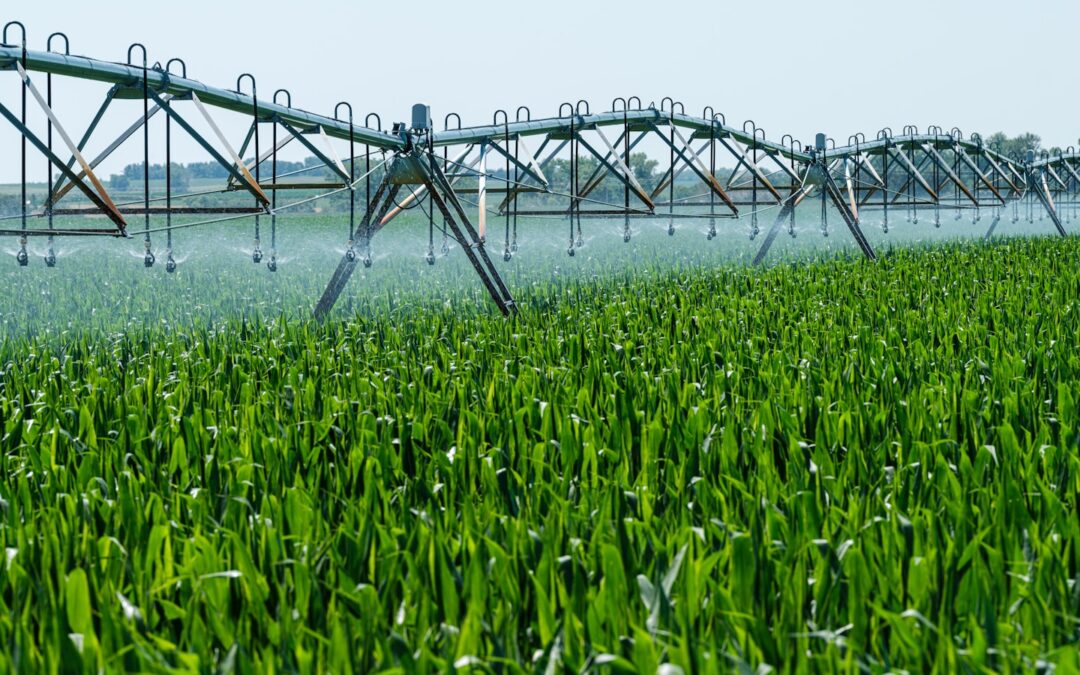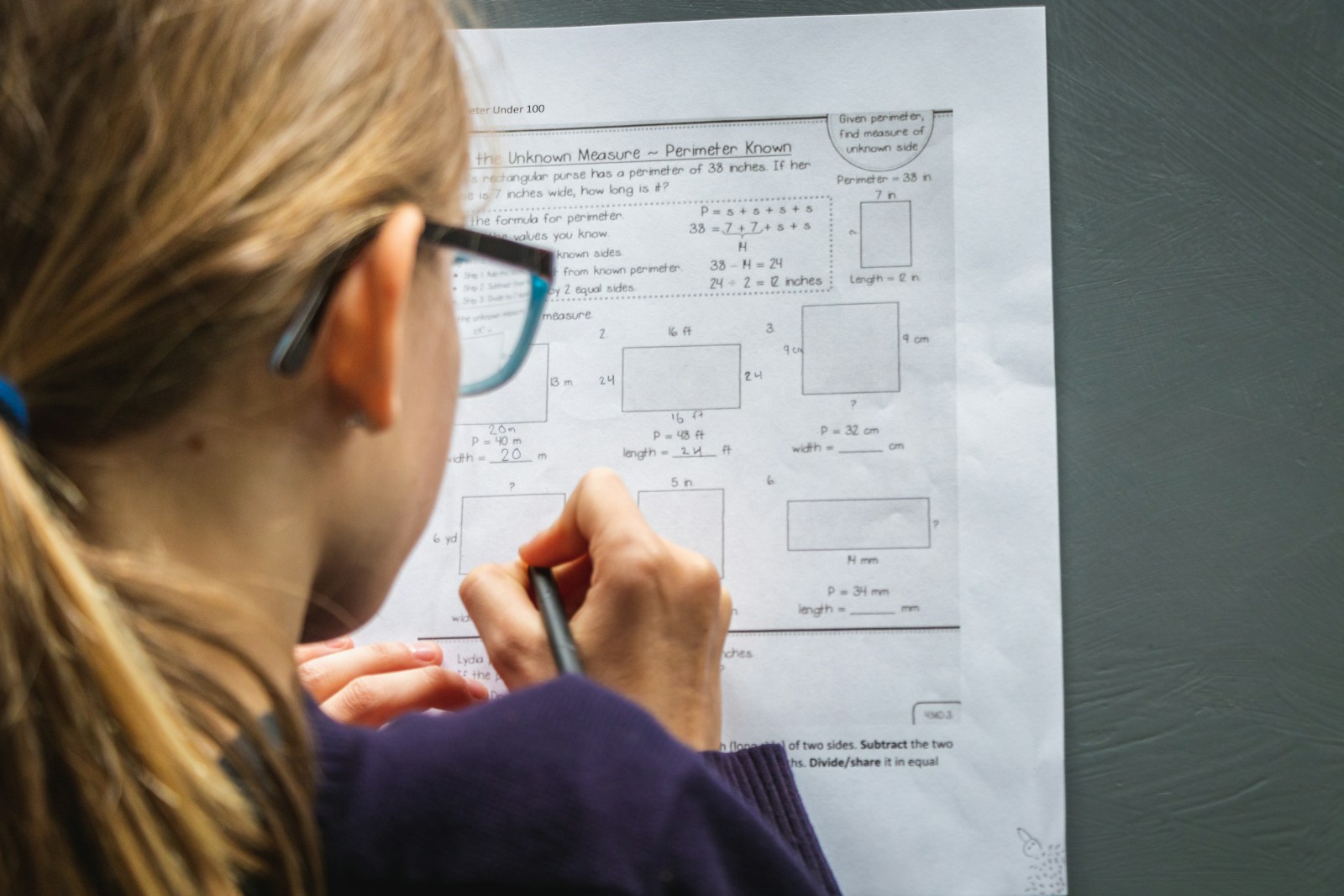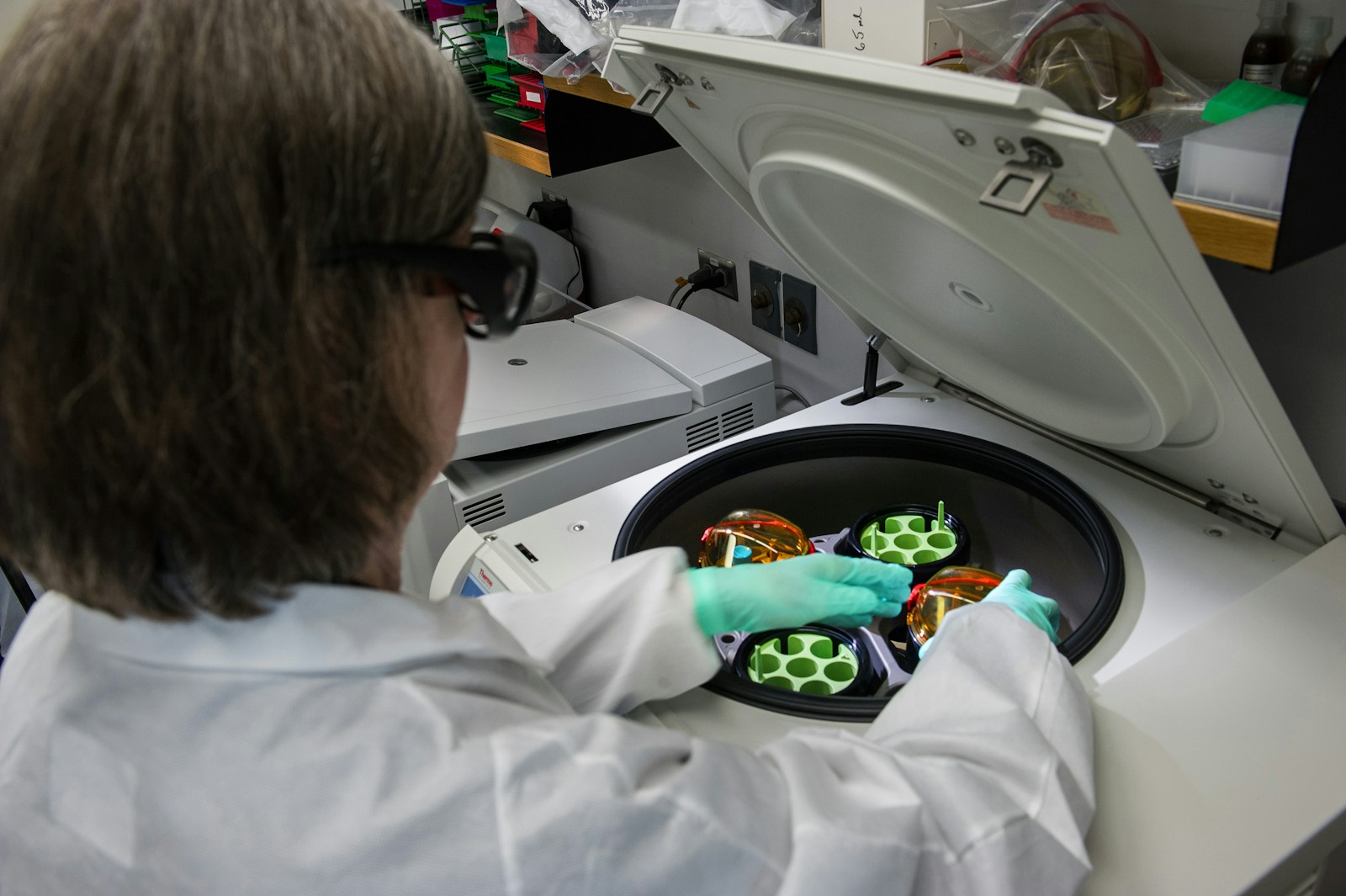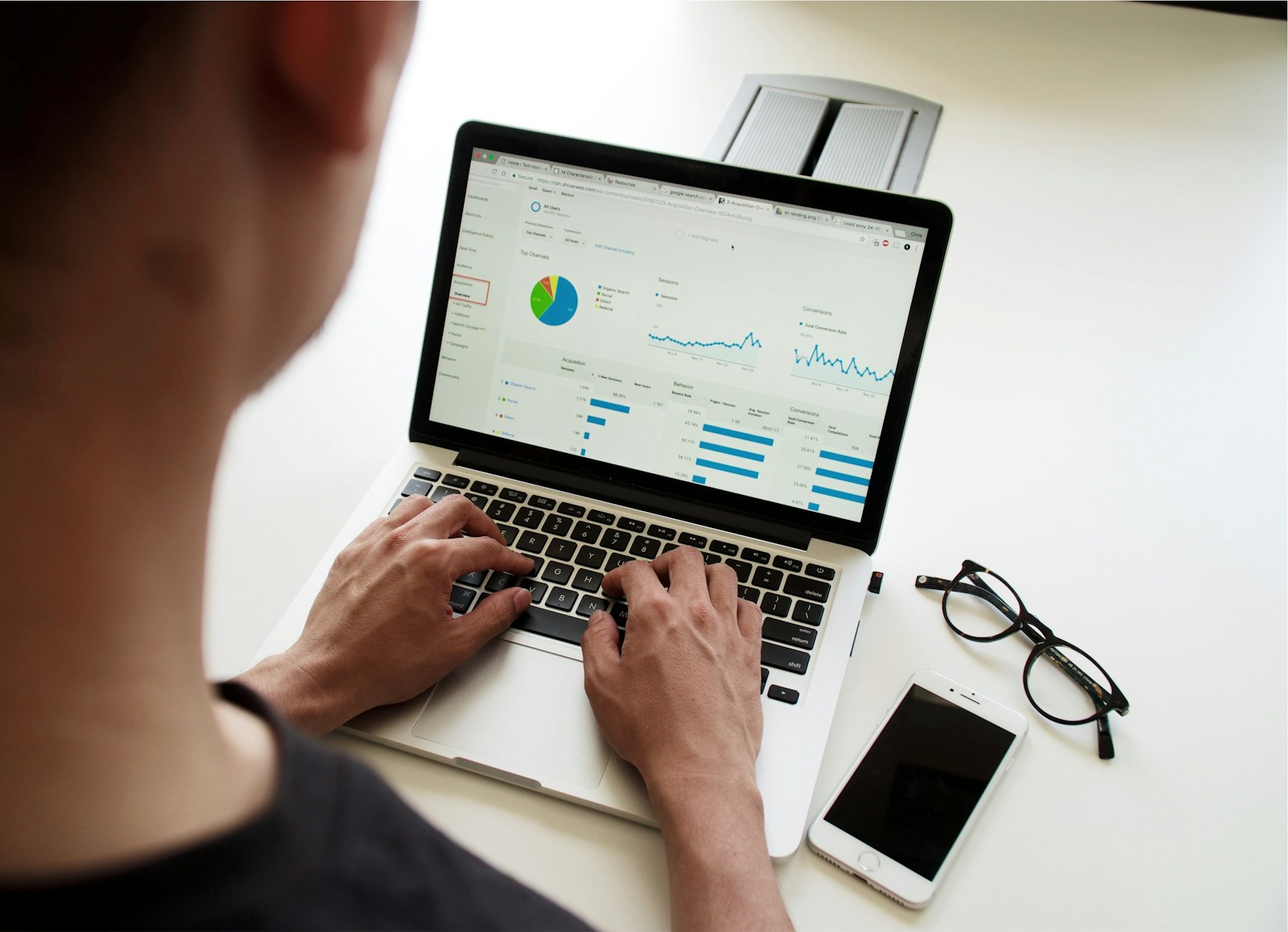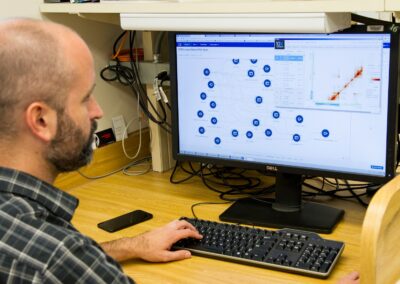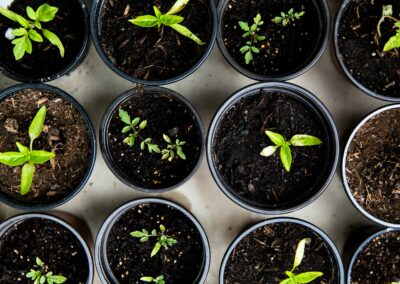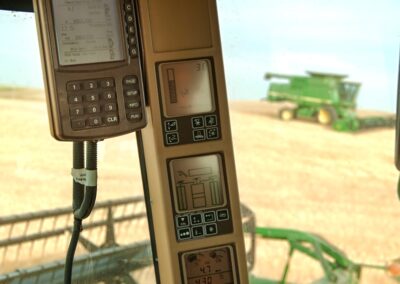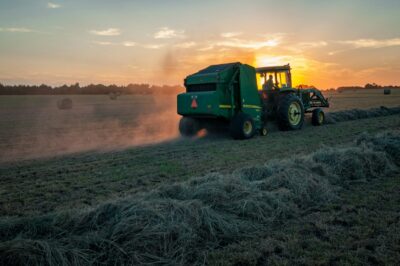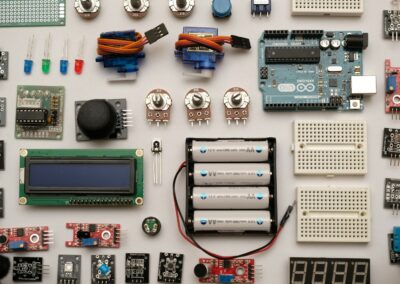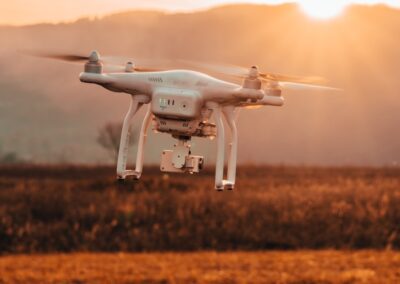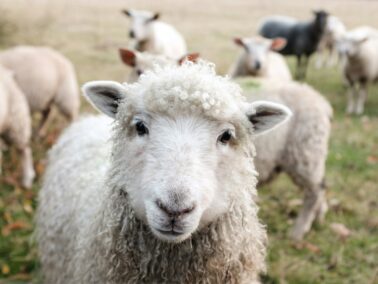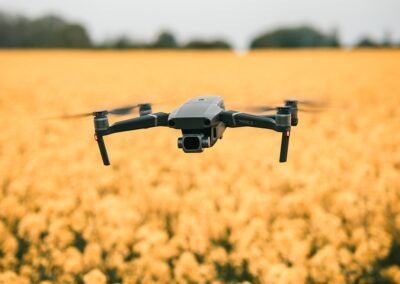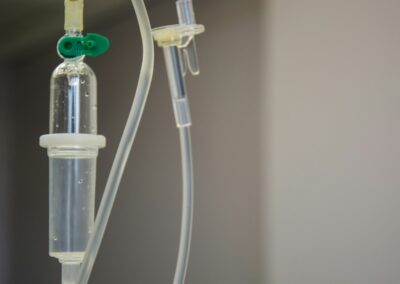Transforming Agriculture: The Impact of IoT Integration with Farm Management Systems
IoT Integration with Farm Management Systems: A New Era of Precision Farming
IoT integration with farm management systems is set to revolutionize the agriculture industry by enhancing decision-making and improving overall farm planning. As the demand for more efficient and sustainable agricultural practices increases, the integration of Internet of Things (IoT) technology with existing farm management systems offers a powerful solution. This approach allows farmers to collect and analyze real-time data from various sources, leading to more informed decisions and optimized resource usage. In regions like Saudi Arabia and the UAE, where agriculture is a critical component of economic development, the adoption of IoT-enabled farm management systems could lead to significant improvements in productivity and sustainability.
Farm management systems have traditionally relied on historical data and manual inputs to guide farming decisions. However, the static nature of these systems often limits their ability to respond to real-time changes in environmental conditions, crop health, and resource availability. By integrating IoT technology, these systems can be transformed into dynamic, data-driven platforms that continuously monitor and adjust farming practices based on real-time information. This level of precision farming is particularly valuable in arid regions like the Middle East, where water and other resources are scarce and must be managed with the utmost efficiency.
In addition to optimizing resource usage, IoT-enabled farm management systems can also improve crop health and yield by providing farmers with timely insights into soil conditions, weather patterns, and pest activity. For example, IoT sensors placed in the soil can monitor moisture levels, temperature, and nutrient content, allowing farmers to adjust irrigation and fertilization schedules to meet the specific needs of their crops. This level of precision not only improves crop yield but also reduces waste, contributing to more sustainable farming practices. As Saudi Arabia and the UAE continue to invest in agricultural technology, IoT integration with farm management systems will play a crucial role in driving the sector’s growth and sustainability.
Improving Decision-Making and Planning with IoT-Enabled Farm Management Systems
The integration of IoT technology with farm management systems also offers significant benefits in terms of decision-making and planning. In a highly competitive global market, farmers need to make informed decisions quickly to maximize their profitability and efficiency. IoT technology provides the real-time data needed to make these decisions, helping farmers respond to changes in market conditions, weather, and crop health more effectively. This is particularly important in regions like Riyadh and Dubai, where agriculture is not only an economic driver but also a critical component of food security.
For instance, IoT sensors can monitor crop growth and provide data on plant health, allowing farmers to make timely decisions about harvesting, planting, and crop rotation. This data can be integrated into farm management systems to create predictive models that forecast future crop performance based on current and historical data. By using these models, farmers can optimize their planting schedules, reduce the risk of crop failure, and ensure that they meet market demand. In addition, IoT-enabled farm management systems can also help farmers manage their finances more effectively by providing insights into cost management, resource allocation, and labor requirements.
In the context of the UAE and Saudi Arabia, where agriculture faces unique challenges such as water scarcity and extreme temperatures, IoT integration with farm management systems can provide critical support for planning and decision-making. For example, by using IoT technology to monitor water usage and soil moisture levels, farmers can develop irrigation strategies that minimize water waste and ensure that crops receive the right amount of water at the right time. This not only improves crop yield but also conserves water, a vital resource in these arid regions. Furthermore, IoT-enabled farm management systems can help farmers plan for extreme weather events by providing real-time data on weather patterns and enabling them to take proactive measures to protect their crops.
The Future of Agriculture: Leveraging IoT for Data-Driven Farm Management
Data-Driven Insights and Predictive Analytics in Farming
As the agricultural sector continues to embrace digital transformation, the future of IoT integration with farm management systems looks promising for enhancing data-driven insights and predictive analytics. The ability to collect vast amounts of data from IoT devices and analyze it in real-time opens up new possibilities for precision farming. By leveraging these insights, farmers can make more informed decisions that improve crop yield, reduce costs, and increase overall efficiency. This shift towards data-driven farming is particularly relevant in the context of precision agriculture, where the focus is on optimizing every aspect of the farming process to achieve better outcomes.
In regions like the GCC, where agriculture plays a key role in food security and economic development, IoT-enabled farm management systems can help address some of the most pressing challenges. For example, by using IoT sensors to monitor soil health and crop conditions, farmers can identify areas that require attention and take corrective actions before issues escalate. This proactive approach to farming not only improves crop quality but also reduces the need for chemical inputs such as fertilizers and pesticides, contributing to more sustainable and environmentally friendly farming practices. Furthermore, the data collected from IoT devices can be used to develop predictive models that forecast future trends in crop performance, market demand, and resource availability, helping farmers plan more effectively for the future.
Moreover, the integration of IoT with farm management systems offers new opportunities for collaboration and innovation in the agricultural sector. By sharing data across different farms and regions, farmers can gain valuable insights into best practices, emerging trends, and potential risks. This collaborative approach to farming can lead to the development of new technologies and solutions that address the unique challenges faced by the agricultural sector in the Middle East. As Saudi Arabia and the UAE continue to invest in agricultural research and development, IoT-enabled farm management systems will play a central role in driving innovation and ensuring the long-term sustainability of the sector.
Overcoming Challenges and Ensuring Data Security in IoT-Enabled Farming
While the benefits of IoT integration with farm management systems are clear, there are also challenges that need to be addressed, particularly regarding data security and privacy. The integration of IoT devices with farm management systems involves the collection and transmission of sensitive data, such as crop performance, resource usage, and financial information. To protect this data, farmers and technology providers must implement robust security measures, including encryption, secure data storage, and regular security audits. In regions like Saudi Arabia and the UAE, where data privacy regulations are becoming increasingly stringent, ensuring the security of farm data is essential to maintaining trust and encouraging the adoption of IoT technology in agriculture.
In addition to data security, there are also challenges related to the interoperability of different IoT devices and farm management systems. As the number of IoT devices used in agriculture continues to grow, it is important to ensure that these devices can communicate effectively with each other and with existing farm management systems. This requires the development of standardized protocols and interfaces that enable seamless data exchange and integration. By addressing these challenges, farmers can fully realize the benefits of IoT technology and improve the efficiency and sustainability of their operations.
Ultimately, the successful integration of IoT technology with farm management systems depends on the collaboration between farmers, technology providers, and policymakers. By working together to address the challenges and opportunities presented by IoT, the agricultural sector in the Middle East can continue to thrive and contribute to the region’s economic development and food security. As the industry continues to evolve, IoT-enabled farm management systems will play an increasingly important role in shaping the future of agriculture in Saudi Arabia, the UAE, and beyond.
#IoT #SmartFarming #FarmManagement #AgricultureTechnology #MiddleEastAgriculture #DataDrivenFarming #IoTInAgriculture

